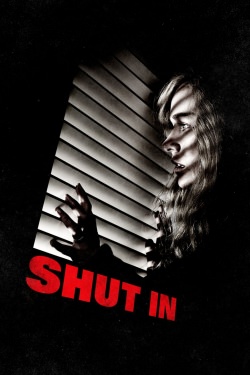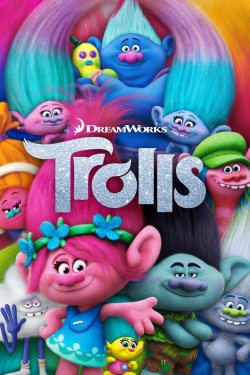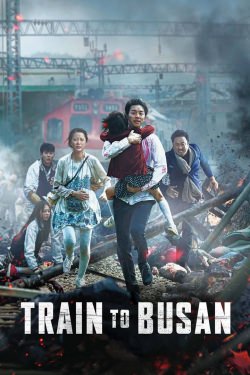Top Rated Films
Sudhir Srinivasan's Film Reviews
-
The big twist of the film that comes out of nowhere almost made me burst into laughter. There is no build-up, no effort at developing flesh around the twist to make it believable when it comes.
-
I just wish that the film had been a lot more fun, and perhaps, less preachy. But that’s like wishing that a chocolate-dipped peanut butter cup-stuffed Oreo were less sweet. It is what it is, and you’ll love it if you have the taste for it.
-
Train to Busan brings absolutely nothing new to the zombie genre, but it shows that lack of novelty needn’t be a handicap at all. It has everything you’d expect in a zombie film: The close calls, the mass slaughters, the long chases. A lot of it is quite beautifully shot.
-
As is only expected of a film that deals with a disorder, a narrator explains at the end that autism—which is what Chris supposedly suffers from—affects a sizeable percentage of the population, and tries to encourage sensitivity towards the condition. But considering that Affleck’s character almost romanticises it as a superpower, the narrator may well have not bothered.
-
It isn’t that The Magnificent Seven is a bad film. It’s made quite competently, and with much deference to the original — or should I say, originals. But the Seven here aren’t just magnificent enough. Fuqua’s film is to the original what a Colt revolver is to the Gatling gun.
-
Thanks to Sully, I now know — as much as there is to be known safely at least — what it must be like to be part of a incapacitated plane. Isn’t that why we go to films, after all? So, we can live the compelling lives of others… at least briefly.
-
Much of what happens in Skiptrace appears manufactured; the dialogues are no exception.
-
You can survive it for a while, but you’ll never outlive it. Towards the end, the villain finally wakes up to the folly of picking The Mechanic as his adversary (remember The Dark Knight line?), but I wasn’t at all sure why Arthur needed to wait so long to rescue Gina. Then, I looked down and understood. The omniscient Arthur was just giving us time to finish the popcorn.
-
This lack of depth gets exposed calamitously during the latter half when the film’s veil of comedy drops; even Jonah Hill fails to make it all seem engaging. This likely explains the casting of Bradley Cooper, who, I’d guess, was paying off a debt. There can be no other reason for his deciding to play the role.
-
What Marvel achieved by painstakingly releasing film after film to establish its superheroes, DC tries to do with hyper-stylised minute-long intros for the dozen characters that populate—no, crowd—Suicide Squad.

























